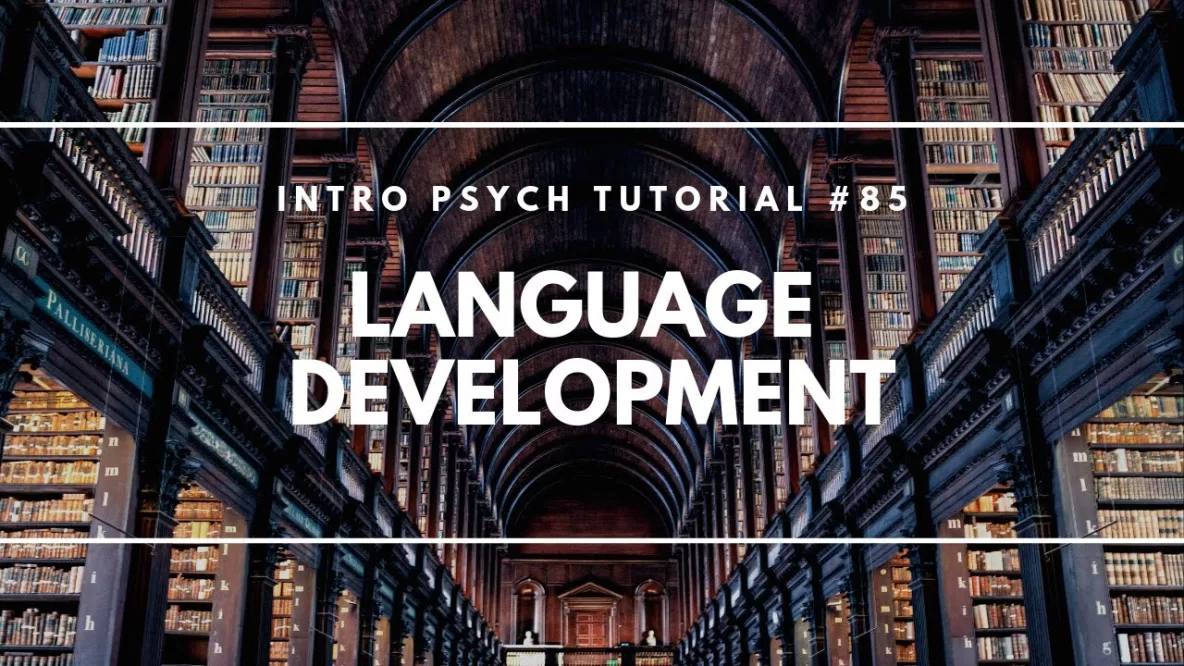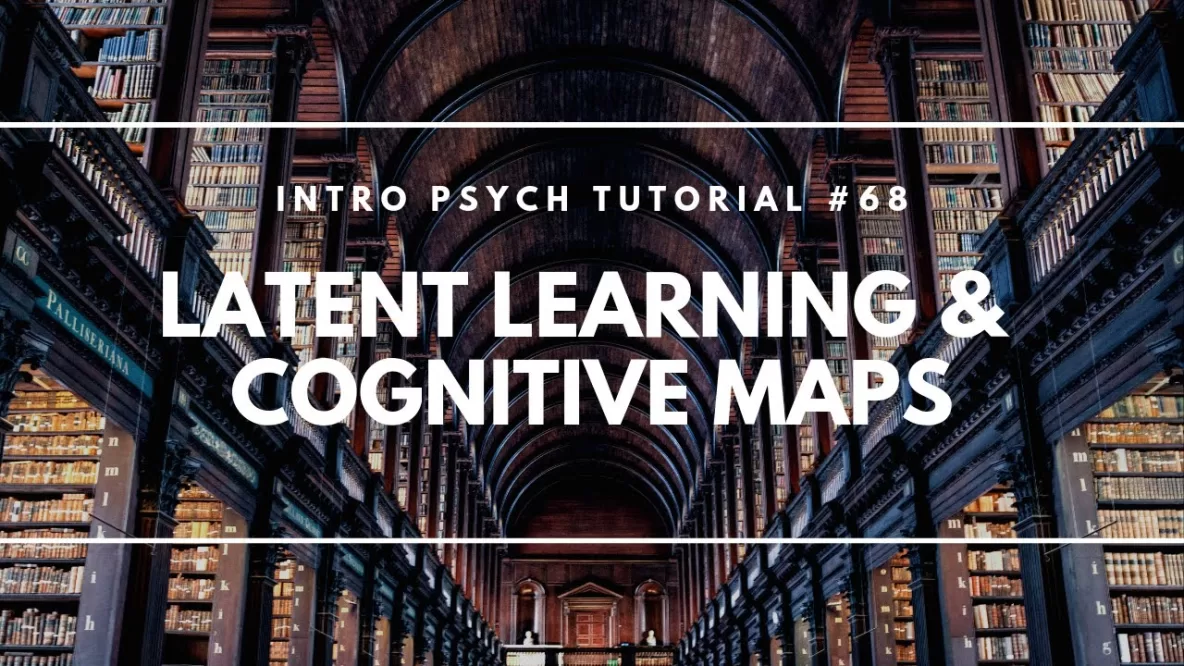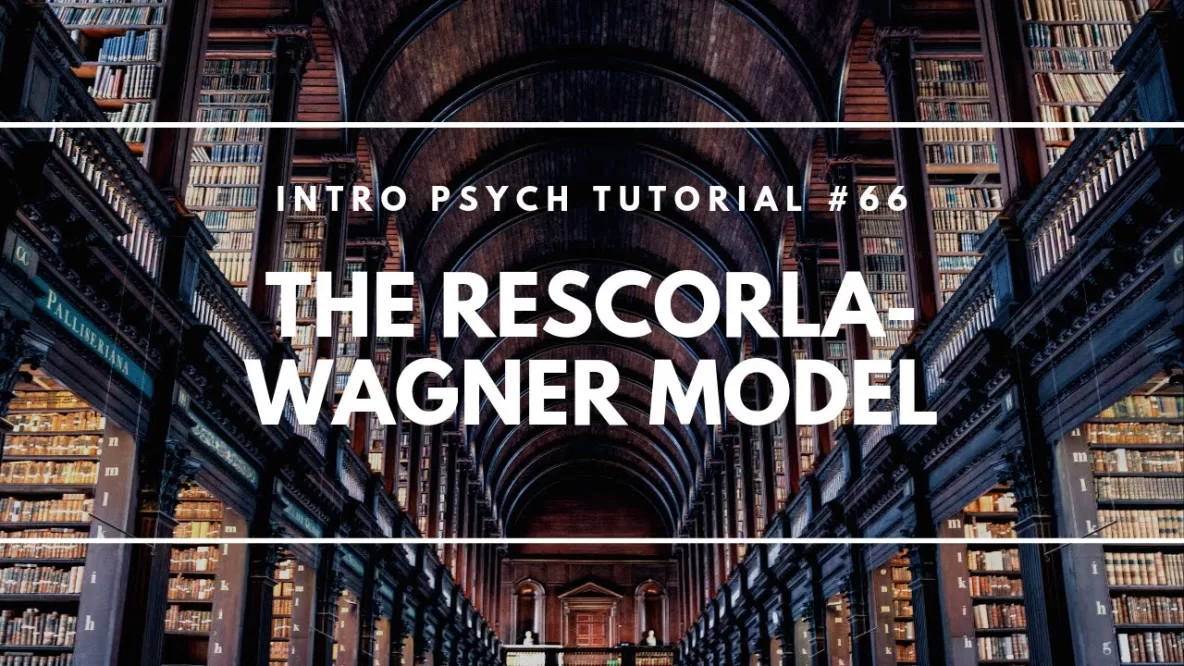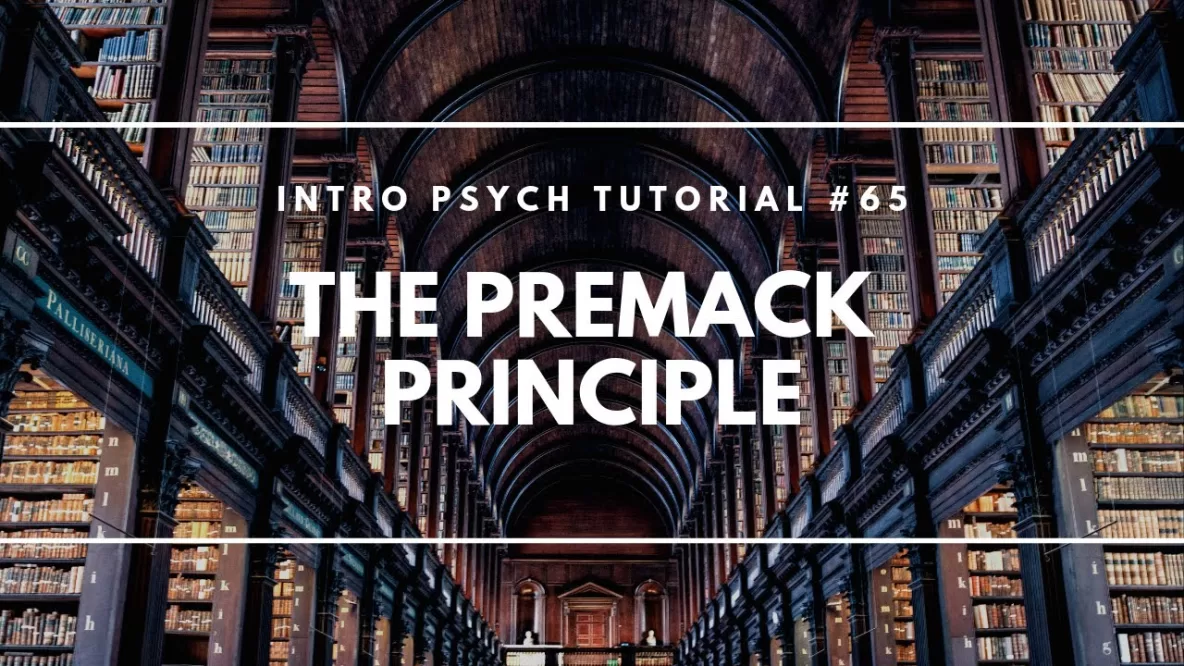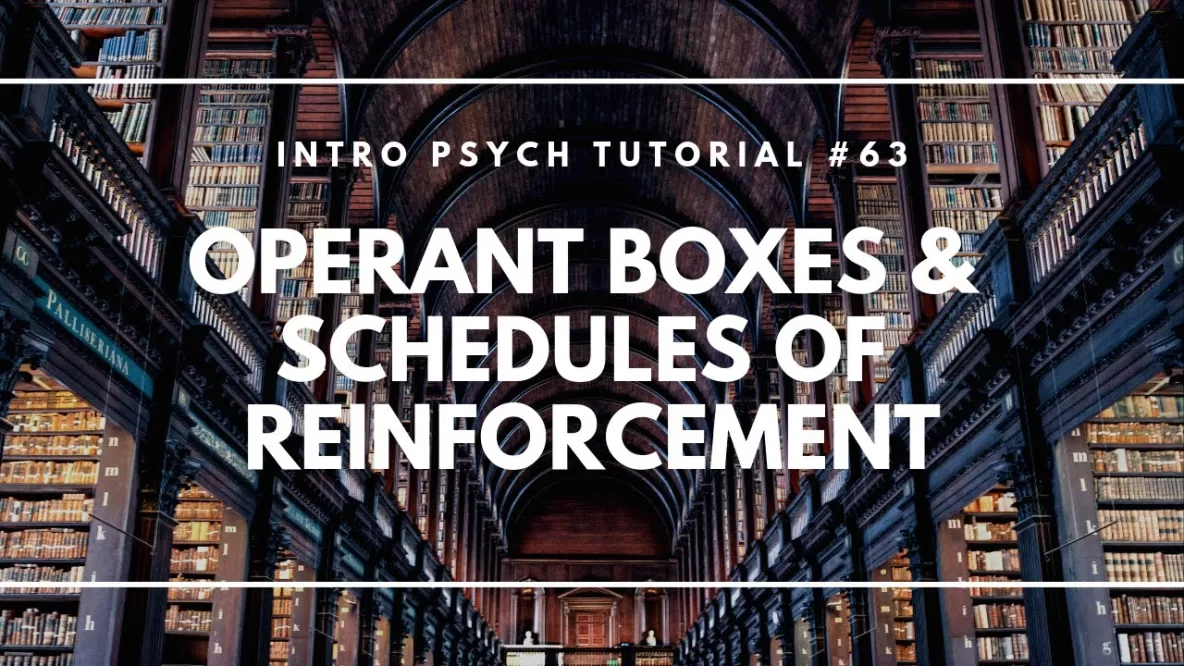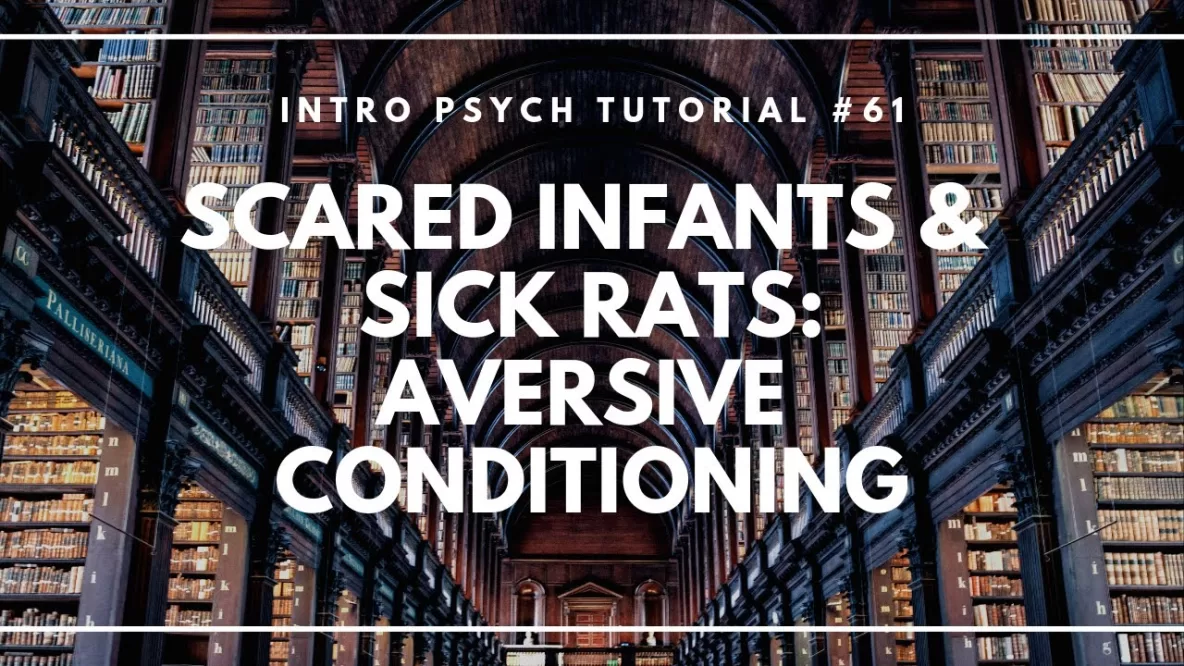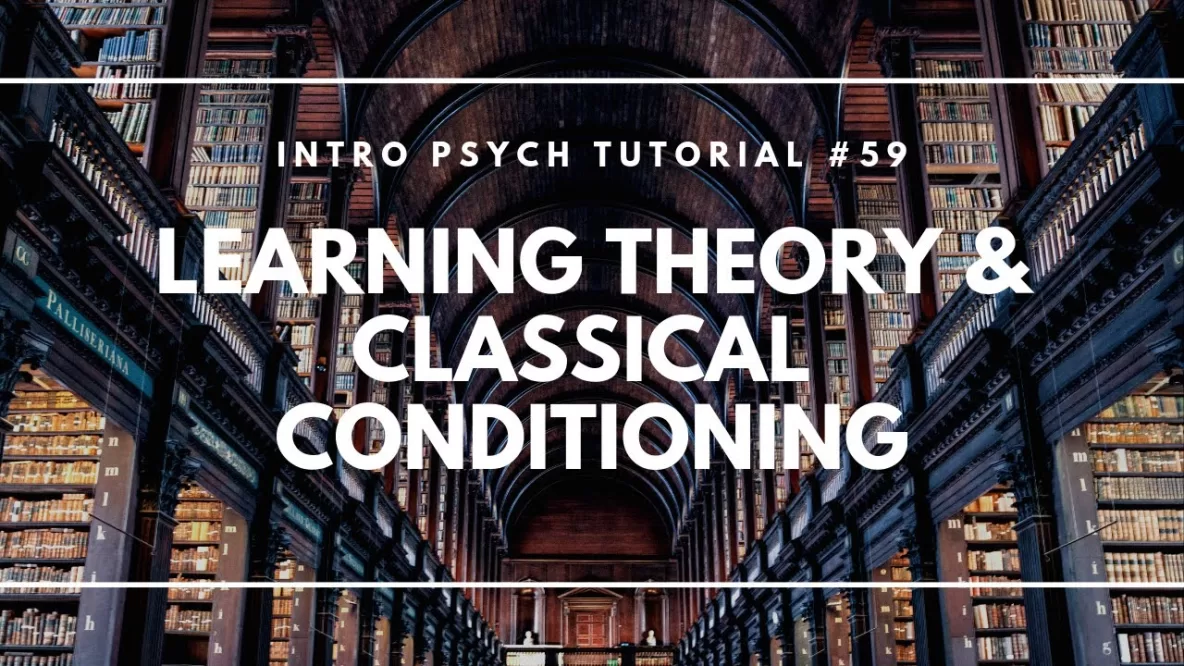Here’s a knowledge organizer I’ve created of the most essential terms for learning theory and behaviorism in an introductory psychology course. These knowledge organizers are designed to help you identify the most important factual knowledge you need to have in … Read More
Language Development
In this video I provide an overview of language development in children. Children learn thousands of words within a matter of a few years and they seem to effortlessly pick up and apply the rules of grammar, first in their … Read More
Language Acquisition: Skinner vs. Chomsky
In this video I introduce language acquisition as a type of learning that isn’t explained well by the behaviorist principles we saw in the unit on learning theory. In the next few videos we’ll be looking at linguistics and language … Read More
Latent Learning & Cognitive Maps
In this video I explain the concept of latent learning using two studies conducted by Edward Tolman and colleagues. Latent learning refers to learning that occurs without reinforcement and isn’t demonstrated until an opportunity arises. I also describe the idea … Read More
The Rescorla-Wagner Model
In this video I explain the basic idea behind the Rescorla-Wagner model or contingency model of classical conditioning proposed by Robert Rescorla and Allan Wagner. This model suggests that the reason Pavlov’s dogs associated the bell (rather than some other … Read More
The Premack Principle
In this video I describe the Premack Principle which refers to the idea that behaviors can be high or low probability which in turn means that high probability behaviors can serve as reinforcement for low probability behaviors. Don’t forget to … Read More
Chaining, Shaping, & Instinctive Drift
In this video I describe the how conditioning to be used to train more complex behaviors. This can be accomplished with chaining, which involves linking together previously conditioned behaviors, and shaping, which involves reinforcing successive approximations of a desired behavior. … Read More
Operant Boxes & Schedules of Reinforcement
In this video I describe the operant boxes used by Skinner (often called “Skinner boxes”) to study the relationship between different schedules of reinforcement and behavior. Then I describe 4 possible schedules of reinforcement including fixed-ratio, variable-ratio, fixed-interval, and variable-interval, … Read More
Scared Infants and Sick Rats: Aversive Conditioning
In this video I explain two examples of aversive conditioning; John Watson’s “Little Albert” study pairing presentation of a rat with a loud noise, and John Garcia and Robert Koelling’s work on learned taste aversions in rats. Taste aversions demonstrate … Read More
Classical Conditioning
In this video I introduce learning theory and the basic concepts of behaviorism. This begins with the work of Ivan Pavlov on classical conditioning and covers the basic vocabulary for discussing this type of learning including neutral stimulus, unconditioned stimulus, … Read More

